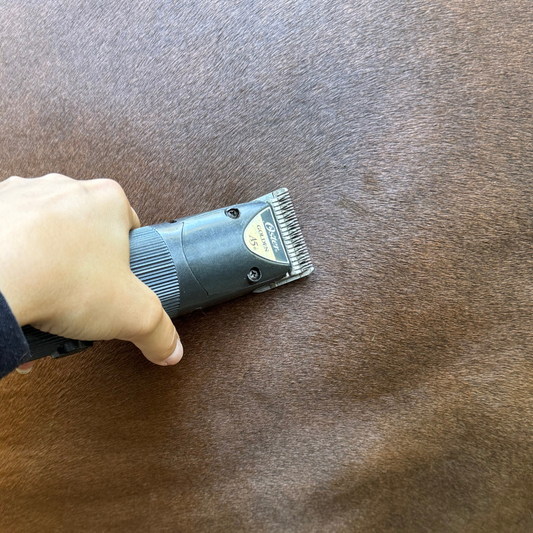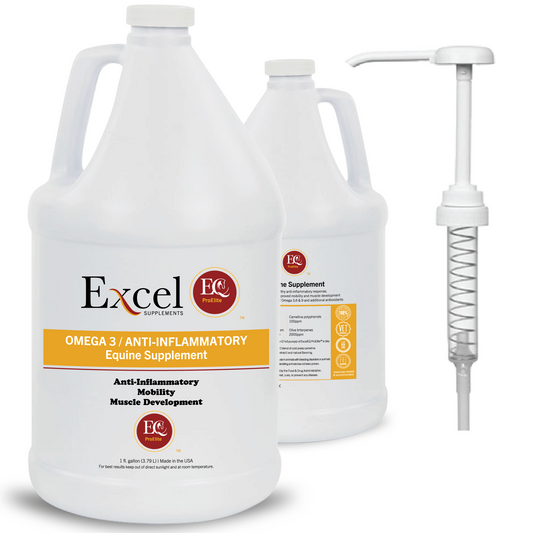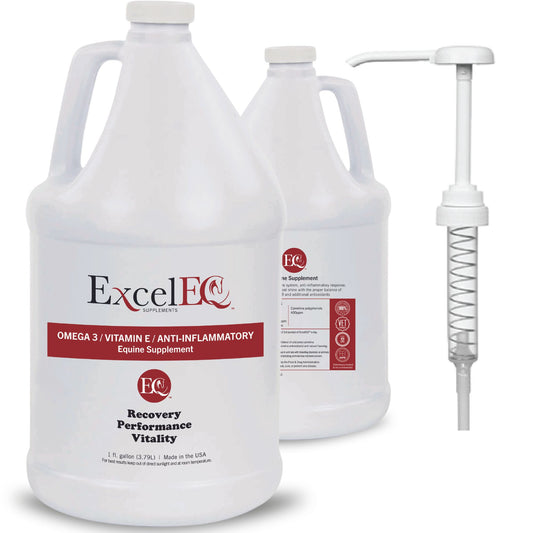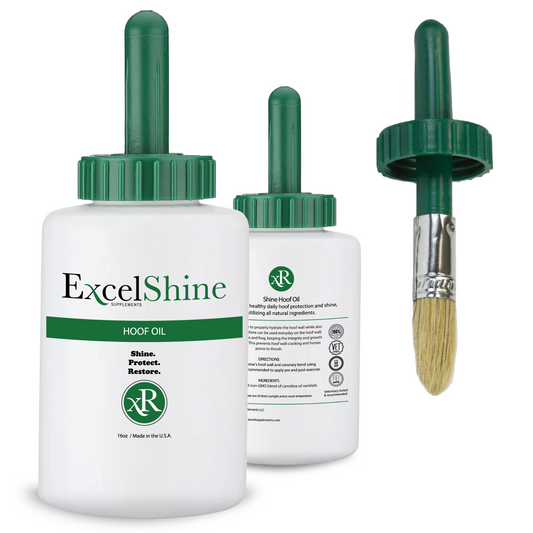The Importance of Omega-3 in Your Pet's Diet
Share
When browsing your local feed store or pet supply shop, it’s easy to feel overwhelmed by the rows of Omega-3 supplements for pets—each promising shinier coats, better mobility, and overall improved health. But behind the marketing, one thing is clear: the balance of essential fatty acids—especially Omega-3s—is key to the well-being of both horses and dogs.
In this guide, we break down what Omega-3 fatty acids are, why they matter, and how to make the best choice for the animals you care about most.
What Are Omega-3 Fatty Acids?
Omega-3s are essential polyunsaturated fats that support many vital functions—from reducing inflammation to promoting healthy skin, joints, and immune response. Since neither horses nor dogs can produce Omega-3s on their own, they must get them through diet or supplements.
There are three main types of Omega-3s:
-
EPA (Eicosapentaenoic acid) – Marine-based
-
DHA (Docosahexaenoic acid) – Marine-based
-
ALA (Alpha-linolenic acid) – Plant-based, found in flax and Camelina sativa (camelina oil)
While fish oils are often used in pet supplements, plant-based oils like camelina offer a rich source of ALA without the fishy smell or risk of rancidity.
Why Balance Matters: Omega-6 vs. Omega-3
Modern diets for both horses and dogs tend to be rich in Omega-6 fatty acids—from grain, kibble, and vegetable oils. While Omega-6s play a role in the body’s inflammatory response, too much can lead to chronic inflammation.
Historically, grazing horses and raw-fed or minimally processed diets for dogs offered a more natural Omega-3 to Omega-6 balance. Today, supplementing with a high-quality Omega-3 source helps restore that balance and support long-term health.
Benefits of Omega-3 for Horses and Dogs
Whether your animal is a top performer or a beloved companion, Omega-3s offer science-backed benefits:
-
Reduced inflammation – Supports comfort and mobility without over-reliance on NSAIDs
-
Healthier skin and coat – Promotes shine and soothes dry, flaky skin
-
Joint support – Enhances joint lubrication and synovial fluid production
-
Immune system support – Aids recovery and reduces immune-triggered inflammation
-
Heart and brain health – Especially important for aging animals
Why Camelina Oil?
Camelina sativa (camelina oil) is a powerful plant-based source of Omega-3s, with a naturally balanced 2:1 Omega-3 to Omega-6 ratio.At Excel Supplements, we use cold-pressed camelina oil as the foundation of all our formulas creating a product that is:
-
Naturally rich in vitamin E
-
Gentle on sensitive stomachs
-
Long shelf life (up to 2 years)
-
No fishy odor or synthetic additives
From ExcelEQ™ and ExcelEQ ProElite™ for horses to ExcelK9™ for dogs. We oversee every step of production— from our seed to your feed —to ensure your horse or dog gets the best of nature, backed by care and science.
The Bottom Line: Omega-3s aren’t just a buzzword—they’re a crucial part of your animal’s health and performance. Whether you're supporting your horse through training or your dog through the aging process, high-quality Omega-3 supplementation is one of the most impactful choices you can make. Trust Excel Supplements for all-natural, cold-pressed camelina oil products tailored to the unique needs of horses and dogs alike.






